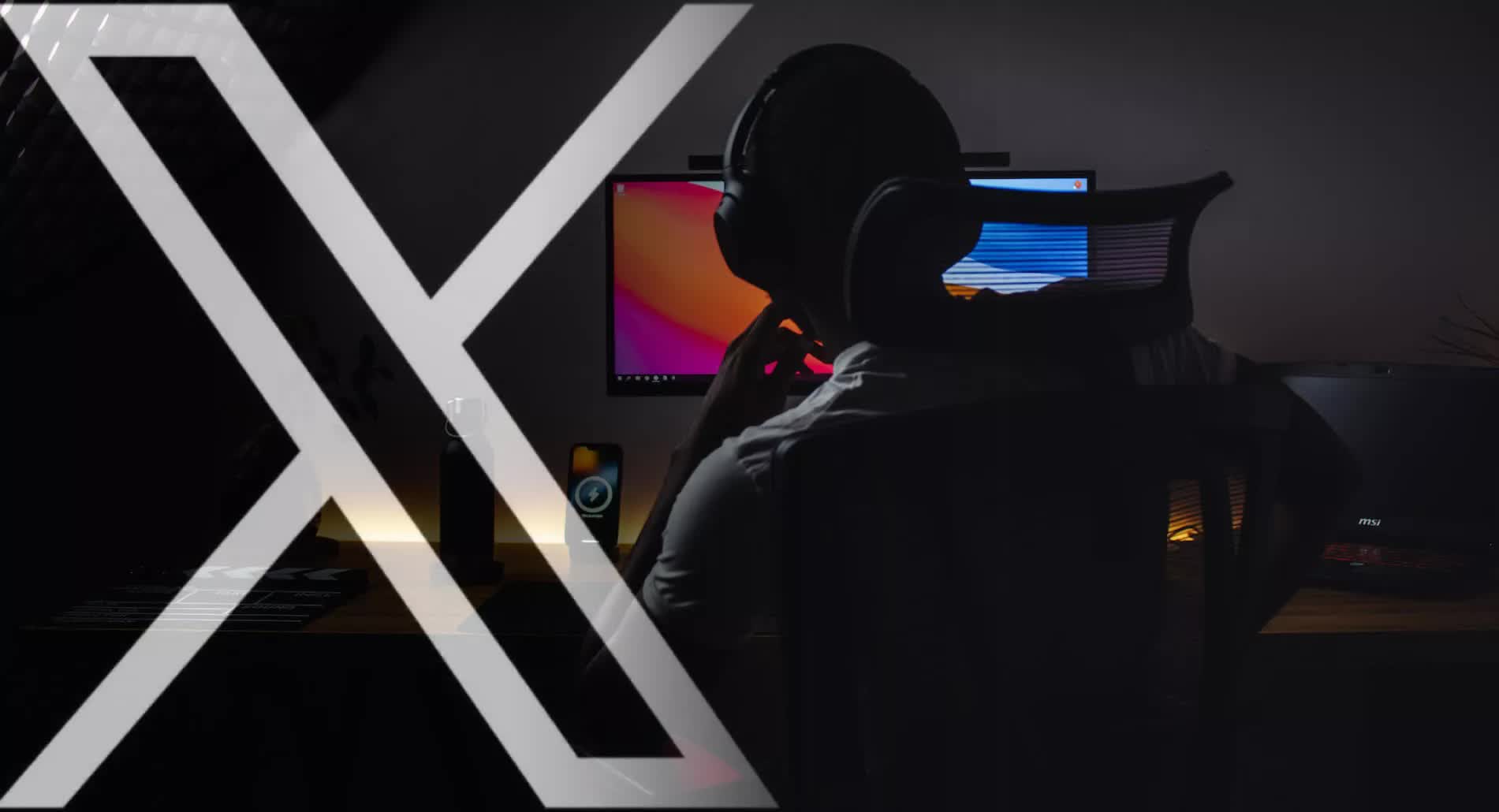The system — whose backbone is a database of more than three billion images that Clearview claims to have scraped from Facebook, YouTube, Venmo and millions of other websites
without public scrutiny, more than 600 law enforcement agencies have started using Clearview in the past year, according to the company, which declined to provide a list.
Google’s chairman at the time said it was the one technology the company had held back because it could be used “in a very bad way.” Some large cities, including San Francisco, have barred police from using facial recognition technology.
And it’s not just law enforcement: Clearview has also licensed the app to at least a handful of companies for security purposes.
Clearview has shrouded itself in secrecy, avoiding debate about its boundary-pushing technology. When I began looking into the company in November, its website was a bare page showing a nonexistent Manhattan address as its place of business. The company’s one employee listed on LinkedIn, a sales manager named “John Good,” turned out to be Mr. Ton-That, using a fake name. For a month, people affiliated with the company would not return my emails or phone calls.
Clearview’s app carries extra risks because law enforcement agencies are uploading sensitive photos to the servers of a company whose ability to protect its data is untested.
Clearview was founded by Richard Schwartz — who was an aide to Rudolph W. Giuliani when he was mayor of New York — and backed financially by Peter Thiel, a venture capitalist behind Facebook and Palantir.
One of the odder pitches, in late 2017, was to Paul Nehlen — an anti-Semite and self-described “pro-white” Republican running for Congress in Wisconsin — to use “unconventional databases” for “extreme opposition research,” according to a document provided to Mr. Nehlen and later posted online. Mr. Ton-That said the company never actually offered such services.
Clearview deployed current and former Republican officials to approach police forces, offering free trials and annual licenses for as little as $2,000. Mr. Schwartz tapped his political connections to help make government officials aware of the tool,
The company’s main contact for customers was Jessica Medeiros Garrison, who managed Luther Strange’s Republican campaign for Alabama attorney general.
One reason that Clearview is catching on is that its service is unique. That’s because Facebook and other social media sites prohibit people from scraping users’ images — Clearview is violating the sites’ terms of service.
“A lot of people are doing it,” Mr. Ton-That shrugged. “Facebook knows.”
Mr. Thiel, the Clearview investor, sits on Facebook’s board. Mr. Nancarrow declined to comment on Mr. Thiel's personal investments.
Clearview also hired Paul D. Clement, a United States solicitor general under President George W. Bush, to assuage concerns about the app’s legality.
Mr. Clement, now a partner at Kirkland & Ellis, wrote that the authorities don’t have to tell defendants that they were identified via Clearview, as long as it isn’t the sole basis for getting a warrant to arrest them. Mr. Clement did not respond to multiple requests for comment.
“It’s creepy what they’re doing, but there will be many more of these companies. There is no monopoly on math,” said Al Gidari, a privacy professor at Stanford Law School. “Absent a very strong federal privacy law, we’re all screwed.”
if your profile has already been scraped, it is too late. The company keeps all the images it has scraped even if they are later deleted or taken down
“We’ve relied on industry efforts to self-police and not embrace such a risky technology, but now those dams are breaking because there is so much money on the table,”







other ai services do too. u might not realize it.